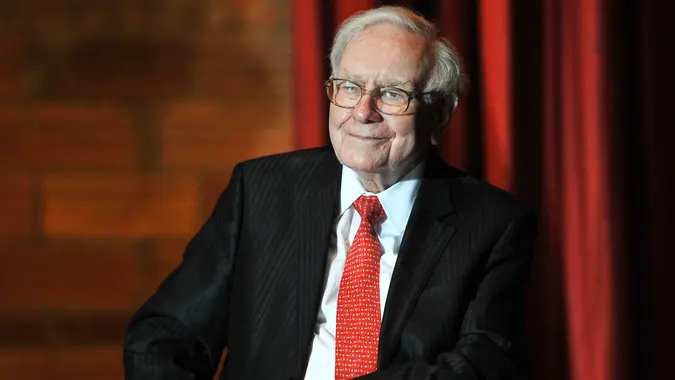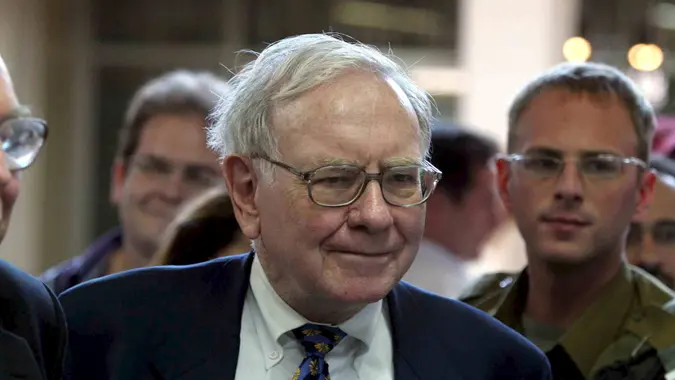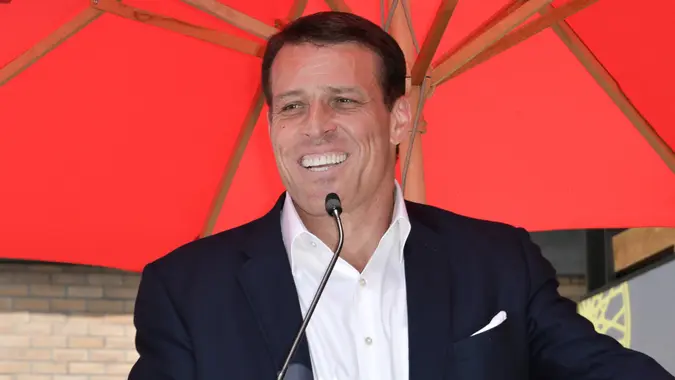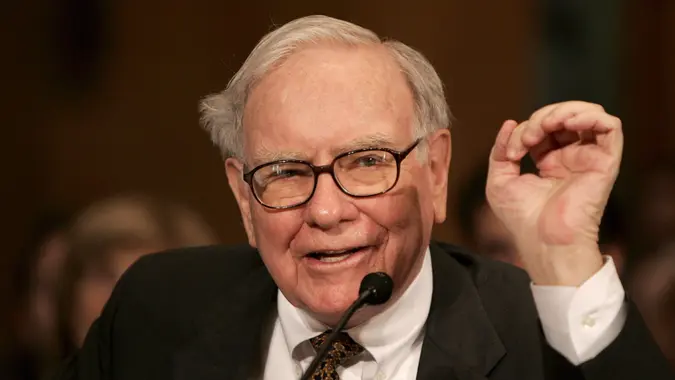I’m a Financial Planning Expert: How To Grow Your Net Worth If You Started Investing in Your 30s

Commitment to Our Readers
GOBankingRates' editorial team is committed to bringing you unbiased reviews and information. We use data-driven methodologies to evaluate financial products and services - our reviews and ratings are not influenced by advertisers. You can read more about our editorial guidelines and our products and services review methodology.

20 Years
Helping You Live Richer

Reviewed
by Experts

Trusted by
Millions of Readers
If you started investing in your thirties and worry you’re getting a late start, take a moment to lean into an old personal finance aphorism. When’s the best time to plant an apple tree? 50 years ago. When’s the second-best time? Today.
While it’s never too late to start investing, those who start a little later than others may wonder if they can or should do anything else to increase their net worth. GOBankingRates spoke to three financial planning experts about some of the best approaches for building wealth and meeting other financial goals like saving for retirement. Here’s how to grow your net worth if you started investing in your thirties.
Create a Budget
If you don’t already have a budget, now is the time to create one and stick to it.
Nationally certified financial instructor (NFEC) Chris Longworth said your budget is your roadmap. You must follow it to build the savings requirement that must be met to fund your future.
As you learn to live by your budget, you’ll be able to curb the desire to spend your future on non-essential items. These include expensive vacations, designer clothing, fancy cars and, inevitably, credit card debt, which all take wealth away from you.
The older you are, the more savings you will need, and Longworth said the closer you get to retirement, you must increase monetary input exponentially to get the same result as you would have if you had started saving and investing earlier in your career.
Maximize 401(k) and IRA Contributions
What comes next after you create a budget? Aviva Pinto — CDFA, CDS and managing director at Wealthspire — recommends prioritizing saving money, particularly when maximizing 401(k) and IRA account contributions. Remember many employers will match 401(k) contributions up to a certain amount of compensation.
If you struggle to save enough money to max out your IRA each year, there are a few approaches that can help out. Vida Jatulis, CFP at MainStreet Financial Planning, recommends reducing expenses so you can increase your monthly savings for retirement and brokerage accounts. You can also look into increasing your income and saving the additional money into a brokerage account and investing it.
Set Aside an Emergency Fund
No matter where you are in your investing journey, it’s critical to build an emergency fund with at least three to six months’ worth of living expenses.
This fund will be able to pay for unexpected expenses and keep you from taking on any additional debt. Jatulis recommends keeping an emergency fund in a high-yield savings account.
Put Extra Money To Work
Do you have any money left over each month? Pinto recommends putting this money to work, like making sure you’re able to automatically deposit it into your savings or investment account. Those who don’t have money left over each month may review their budget to see where they can financially cut back.
Invest
Those who start investing in their thirties still have a long-term horizon of 60 years where they can invest aggressively.
Pinto recommends using this time to start investing in the global stock market. “Don’t worry about the market’s ups and downs. If you contribute regularly, monthly or with every paycheck, you will be dollar cost averaging and your account will do well over the long term.”
More From GOBankingRates
 Written by
Written by  Edited by
Edited by 

























